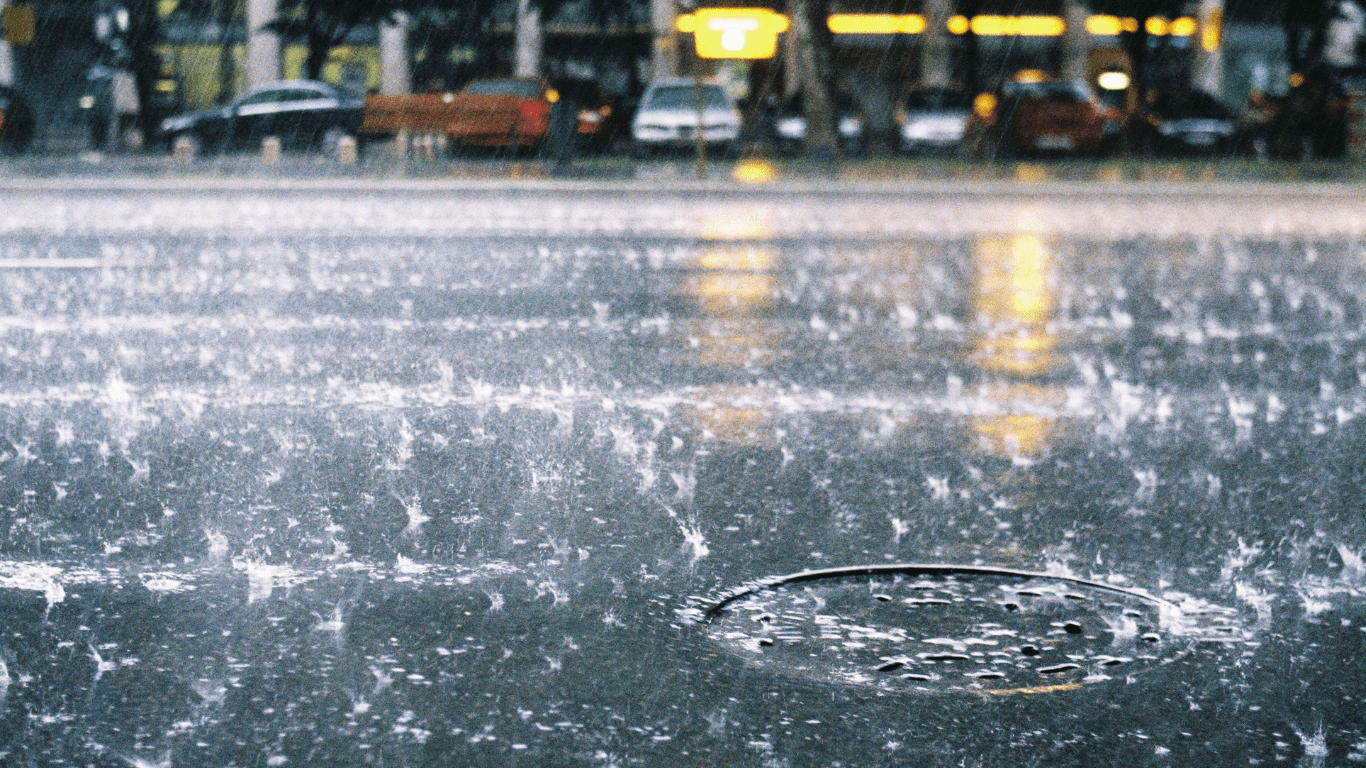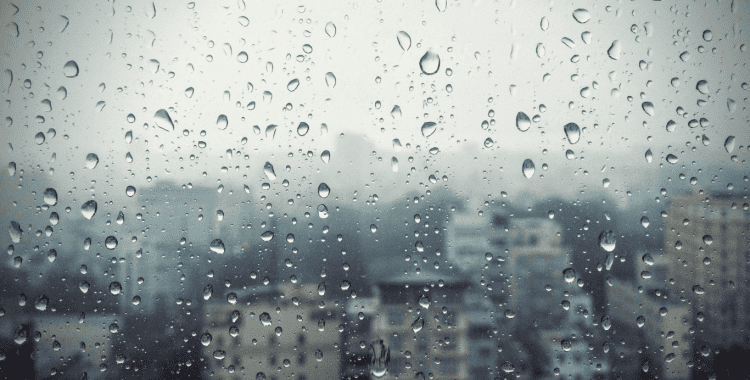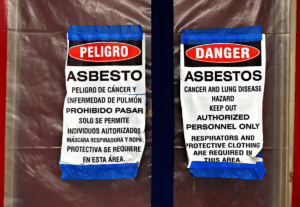The Impact of the Rainy Season on Commercial Buildings
Challenges and Solutions


As the rainy season arrives, it brings relief to parched lands but also ushers in a set of challenges for commercial buildings. From structural concerns to operational disruptions, the rainy season can have a significant impact on businesses. In this blog post, we will explore the various ways in which the rainy season affects commercial buildings and discuss potential solutions to mitigate these challenges.
Roof Leaks & Water Damage
One of the primary concerns during the rainy season is the increased risk of roof leaks and water damage. Commercial buildings with aging or poorly maintained roofs may experience leaks, leading to damage to interior spaces, equipment, and inventory. Water infiltration can compromise the structural integrity of the building, posing a threat to both employees and assets.
Solution:
Regular roof inspections and maintenance are crucial to identify and address potential issues. Investing in quality roofing materials and timely repairs can help prevent leaks and minimize water damage.
Mold & Mildew Growth
Excessive moisture from prolonged rainfall can create favorable conditions for mold and mildew growth. Commercial buildings, especially those with poor ventilation, are susceptible to the development of these harmful fungi. Mold and mildew not only pose health risks but can also damage building materials and affect indoor air quality.
Solution:
Adequate ventilation and dehumidification systems can help control indoor humidity levels, reducing the risk of mold and mildew growth. Regular cleaning and inspections should also be carried out to identify and address potential mold issues promptly.
Contact our team to learn more about mold mitigation by emailing sales@expressfmg.com.
Foundation Instability
Heavy and consistent rainfall can saturate the soil around a commercial building, leading to foundation instability. This can result in foundation cracks, settlement issues, and structural damage. Unstable foundations pose serious risks to the safety and stability of the entire building.
Solution:
Implementing proper drainage systems, such as gutters and downspouts, can redirect rainwater away from the building’s foundation. Additionally, routine inspections to identify and address foundation issues early on can help prevent extensive damage
Slip and Fall Hazards
Rainy weather increases the likelihood of slippery surfaces, both indoors and outdoors. Commercial buildings with high foot traffic need to be vigilant about minimizing slip and fall hazards to ensure the safety of employees, clients, and visitors.
Solution:
Installing non-slip flooring, using entrance mats, and promptly addressing wet areas can help reduce the risk of slip and fall accidents. Implementing safety protocols and providing proper signage during wet weather can also contribute to a safer environment.
Contact our team for more info on non-slip, adhesive mats by emailing sales@expressfmg.com.
Operational Disruptions
The rainy season can lead to operational disruptions for businesses. Flooding, transportation challenges, and power outages can all impact the day-to-day operations of commercial establishments, potentially resulting in financial losses.
Solution:
Developing contingency plans and investing in backup systems, such as generators, can help businesses maintain essential operations during adverse weather conditions. Creating flexible work arrangements and utilizing remote work options can also mitigate the impact of weather-related disruptions.
Email sales@expressfmg.com to begin your commercial response and disaster preparedness plan.
Conclusion
While the rainy season brings much-needed water to the environment, it also presents challenges for commercial buildings. Proactive maintenance, strategic investments in infrastructure, and the implementation of safety measures are essential for businesses to weather the storm. By addressing these challenges head-on, commercial property owners can ensure the longevity, safety, and functionality of their buildings even in the face of the rainy season’s challenges.






